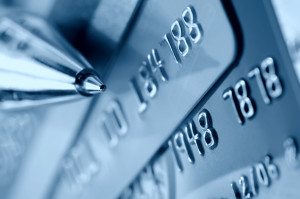 Today’s top story: What to do if your parents need financial help. Also in the news: Why no new debt is the best holiday gift to your family, AmEx cardholders report account shutdowns, and why you should get a health insurance cost estimate even if you’re not buying coverage.
Today’s top story: What to do if your parents need financial help. Also in the news: Why no new debt is the best holiday gift to your family, AmEx cardholders report account shutdowns, and why you should get a health insurance cost estimate even if you’re not buying coverage.
What to Do If Your Parents Need Financial Help
Balancing your needs with theirs.
The Best Holiday Gift to Your Family? No New Debt
The gift that won’t keep on taking.
AmEx Cardholders Report Account Shutdowns
Self-referrals appear to be the culprit.
Get a Health Insurance Cost Estimate Even If You’re Not Buying Coverage
You could be eligible for a subsidy.


